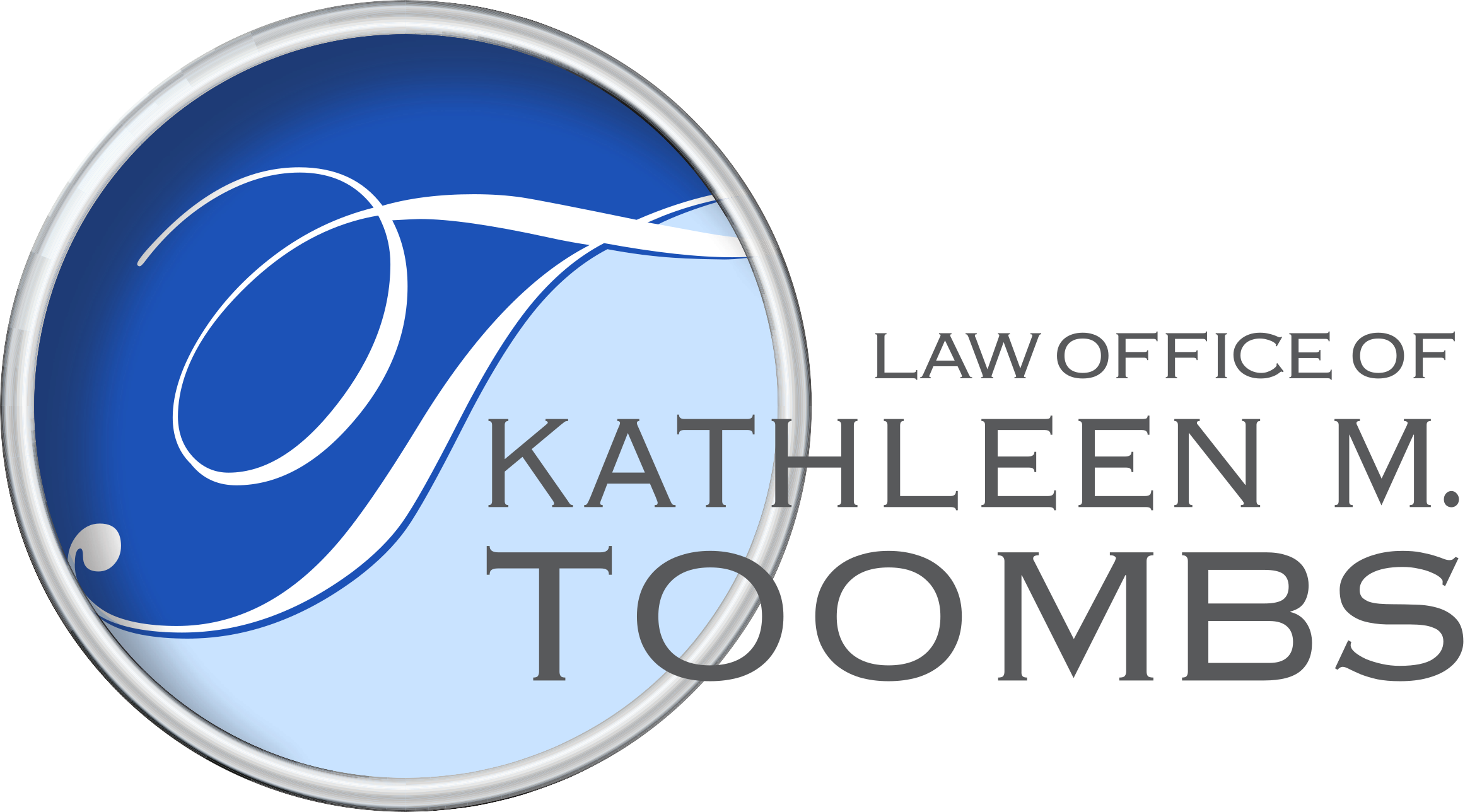Blogs
3 DECIDEDLY DUMB WAYS TO LEAVE AN INHERITANCE FOR YOUR CHILDREN
Estate planning offers many ways to leave your assets to your children, but it’s just as important to know what not to do. Here are some things that are all too common, but textbook examples of what not to do or try….
“Oral Wills”
If you feel you have a good rapport with your family or don’t have many assets, you might be tempted simply to tell your children or loved ones how to handle your estate when you’re gone. However, even if your family members wanted to follow your directions, it may not be entirely up to them. Without a written document, any assets you own individually must go through probate, and “oral wills” have no weight in court. It would most likely be up to a judge and New York State Law to determine who gets what.
Joint Tenancy
In lieu of setting up a trust, some people name their children as joint tenants on their properties. The appeal is that children should be able to assume full ownership when parents pass on, while keeping the property out of probate. However, this does not mean that the property is safe. It doesn’t insulate the property from taxes or the unexpected, including nursing home expenses and your children’s debts, divorce or other liabilities.
There’s another issue. By choosing this approach, you may lose STAR and other property tax exemptions as well as potential capital gains tax exemptions on sale of the property. These important tax issues can be better managed through a trust which will also allow you greater control as situations change.
Giving Away the Inheritance Early
Some parents choose to give children their inheritance early–either outright or incrementally over time. This strategy comes with several pitfalls. First, if you want to avoid hefty gift taxes, you are limited to giving each child $14,000 per year. You can give more, but you start to use up your gift tax exemption and must file a gift tax return. Second, a smaller yearly amount might seem less like the beginnings of a legacy to be invested for the future and more like current expense money for immediate spending. Third, if situations change that cause you to re-evaluate your giving, it’s too late. You don’t want to be dependent on children having to give the cash back. Finally, if you end up needing public assistance to pay for extraordinary medical expenses such as nursing home costs, the government will “look back” at what you have done with your assets over the five years prior to application, and penalise by refusing to pay for otherwise eligible care costs for a period of months leaving you in a medical and financial crisis.
Shortcuts and ideas like these may look appealing on the surface, but they can actually do more harm than good. Consult with an estate planner to find better strategies to prepare for your and your families’ future. Give us a call to see how we can help.
Law Office of Kathleen M. Toombs, PLLC
Recent Posts
Contact Us


